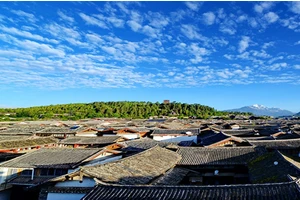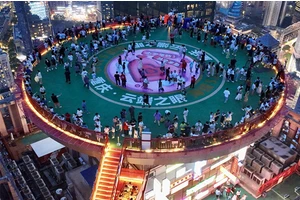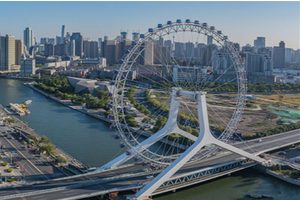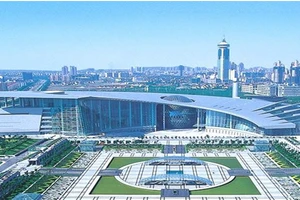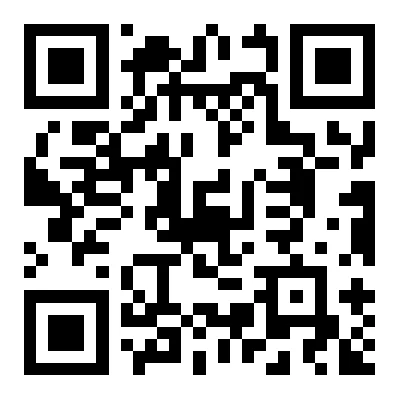Vietnam, a country full of history, culture and natural scenery, has attracted more and more tourists in recent years. If you plan to travel to Vietnam, here are some suggested preparations:
1. Visa: Citizens of most countries need to apply for a Vietnamese visa. You can apply at the Vietnamese embassy or consulate, or choose to apply for an e-visa online. Please make sure that your passport is valid for more than 6 months.
2. air tickets: booking air tickets in advance can ensure that you get the best price. From China, you can choose direct flights to Hanoi or Ho Chi Minh City. In addition, the transportation in Vietnam is also very convenient, and you can choose to travel to various cities by train, car or plane.
3. Accommodation: There are various accommodation options in Vietnam, including hotels, inns and homestays. According to your budget and needs, book accommodation online in advance.
4. Itinerary planning: There are many scenic spots worth visiting in Vietnam, such as the old town of Hanoi, Halong Bay and Minai Beach in Da Nang. Plan your trip in advance and know the opening hours and ticket prices of various scenic spots so as to arrange the time reasonably.
5. Currency exchange: Vietnam's currency is Vietnamese dong (VND). Banks in China or airports and banks in Vietnam can exchange Vietnamese dong. Please note that some businesses in Vietnam may not accept payment in US dollars or other foreign currencies.
6. Language communication: Although the popularity of English in Vietnam is not high, you can find people who can speak English in tourist areas and big cities. Learning some basic Vietnamese words and phrases, such as asking for directions and greeting, will make your trip smoother.
7. Clothing carrying: The climate in Vietnam varies from region to region, with the northern region being cold in winter and the southern region being hot all year round. According to the time and place of your trip, prepare appropriate clothes. In addition, bring some sun protection products, such as sunscreen, sunglasses, sun hat and so on.
8. Food and drinking water safety: street snacks in Vietnam are rich and varied, but attention should be paid to sanitary conditions. Try to choose a clean and hygienic restaurant to eat. In addition, don't drink raw water, try to choose bottled water.
9. Insurance: Take out a travel insurance to prevent accidents. Ensure that the insurance covers medical expenses, lost luggage and other unexpected situations.
10. Disease prevention: Before departure, learn about the epidemic situation in Vietnam and vaccination suggestions. Vaccinate in advance if necessary. Take common medicines when traveling, such as painkillers and cold medicines.
Traveling abroad is a good experience, which can let us know different cultures and customs. Vietnam is a charming country with beautiful natural scenery, long history and unique culture. However, when planning a trip to Vietnam, there are some precautions that we need to understand and abide by to ensure the smooth progress of the trip.
1. Visa: First of all, we need to apply for a Vietnamese visa. China citizens can choose to apply for visas at Vietnamese embassies and consulates in China, or they can choose landing visa. It should be noted that landing visa needs to apply within 24 hours after arriving in Viet Nam, and the validity period is one month.
2. Currency: Vietnam's currency is Vietnamese dong (VND), and its exchange rate with RMB fluctuates greatly. It is suggested to exchange money in domestic banks or local Vietnam to get a better exchange rate. At the same time, we should pay attention to keep cash and bank cards safe to prevent them from being lost or stolen.
3. Language: The official language of Vietnam is Vietnamese, and the popularity of English is low. It is suggested to learn some basic Vietnamese words and phrases in order to communicate with local people during the trip. In addition, mobile phone translation software can be used to assist communication.
4. Transportation: The traffic situation in Vietnam is complicated, with narrow and crowded roads. When traveling in Vietnam, it is recommended to use public transport such as bus, taxi or motorcycle. If you choose go on road trip, make sure you are familiar with the local traffic rules and driving habits.
5. Diet: Vietnam's diet is mainly rice, noodles and vegetables, with a light taste. When traveling in Vietnam, you can try local specialties such as Vietnamese spring rolls and rice noodles. At the same time, we should pay attention to food hygiene to avoid food poisoning.
6. Safety: Although the public security situation in Vietnam is good, attention should be paid to personal and property safety during travel. Don't follow strangers at will, and don't show valuables in crowded places.
7. Cultural etiquette: When traveling in Vietnam, we should respect the local culture and customs. For example, when entering the temple, you should dress appropriately, and you should not wear shorts and strapless clothes; Be polite when communicating with local people, and don't point at people.
8. Shopping: Vietnam has many special handicrafts and souvenirs, such as silk and porcelain. When shopping, we should pay attention to distinguish authenticity and avoid buying inferior goods. At the same time, we should learn to bargain in order to get a more favorable price.
9. Insurance: In order to ensure travel safety, it is recommended to buy travel insurance. Travel insurance can provide financial support and guarantee in case of unexpected circumstances.
10. Itinerary planning: Before departure, you should plan your itinerary in advance, and learn about the attractions, accommodation and transportation of the destination. At the same time, we should pay attention to the weather forecast so as to make corresponding preparations.
Prev: Blue book of tourism
Next: Travel agency pictures


